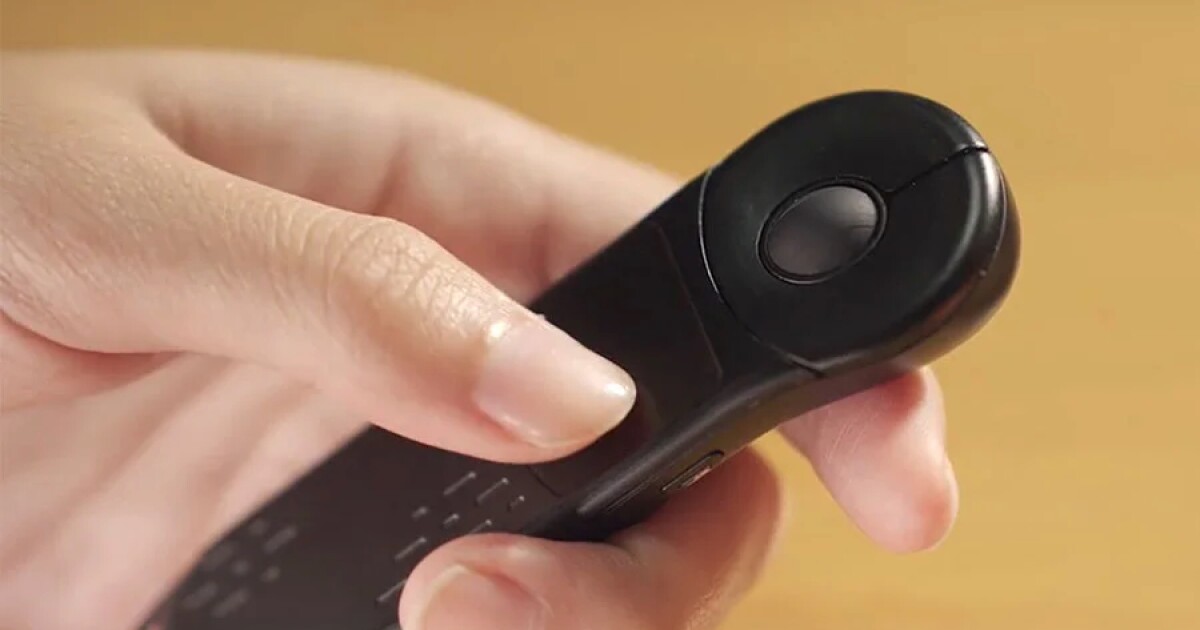According to Dr Erin Carter, a rheumatologist and blogger, a simple food storage hack could prevent potatoes from sprouting.
Best kept in a cool, dark place, many people now know that potatoes last longer when taken out of their plastic bags and put into a paper bag.
This, however, isn’t the food storage hack; Dr Carter revealed the “real secret” in her TikTok video. “You’re going to add an apple to this bag,” Dr Carter said as she demonstrated how to correctly store potatoes.
“I know it sounds crazy, but just trust me,” she affirmed. “Put the apple in with the potatoes and then move the potatoes to a cool, dry place.”
One commentator, who seemingly didn’t appreciate the tip, stated that she will “still eat” the potatoes that have sprouted.
Another simply said “thank you” and assured the content creator that they would now store their potatoes that way. Somebody else queried how it works; Dr Cater candidly replied: “I honestly have no idea. I wish I knew.”
Others pointed out they store their potatoes in the fridge to prevent them from sprouting.
Can you eat sprouted potatoes?
The NHS clarified: “Do not eat any green, damaged or sprouting bits of potatoes, as these can contain toxins that can be harmful.”
Interestingly, the NHS also mentioned that storing potatoes in the fridge “will help stop them from sprouting”.
Climate action charity WRAP has introduced the campaign Love Food Hate Waste, which also promotes the fridge as the best storage space for potatoes. The charity noted that the old guidance of storing potatoes in a cool, dry, and dark place has since changed.
The charity confirmed, “We’re now recommending that they be kept in the fridge at below five degrees Celsius. “
“Doing so keeps them fresh for three times as long, so you’ll have lots more time to cook up something delicious with them.”
Previous fears were that potatoes stored in the fridge would form additional sugars that can convert into the toxin acrylamide when fried, roasted or baked.
However, extensive, peer-reviewed scientific research has since shown that storing potatoes in the fridge “doesn’t actually increase acrylamide potential compared with storing them in a cupboard at room temperature”.







